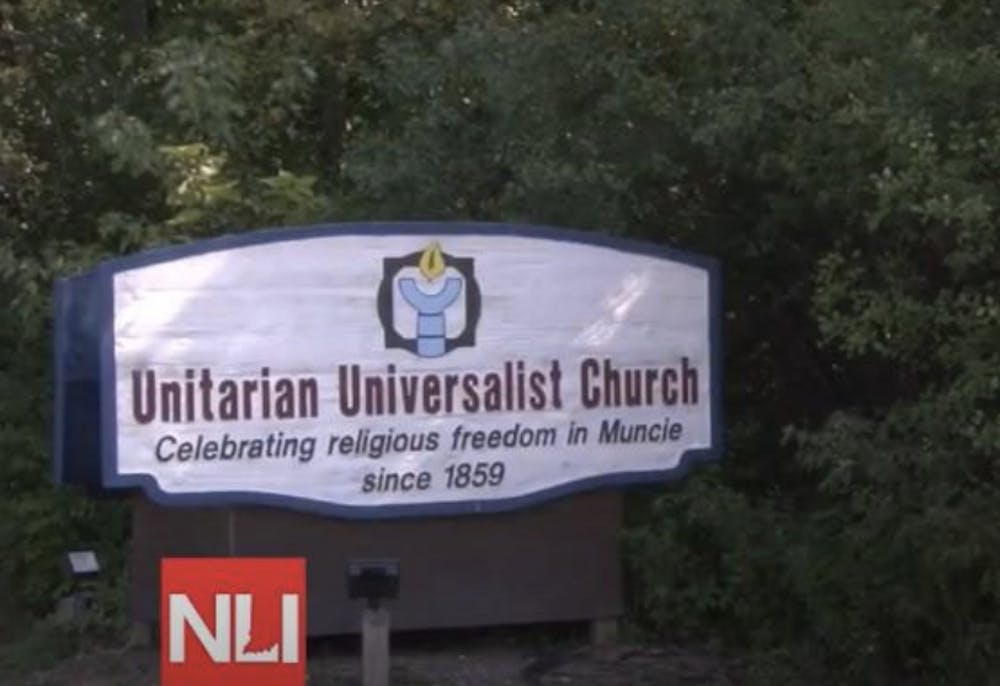MUNCIE, Ind. – While many religious organizations may endorse the abortion ban, other religious communities say they are at stake of losing the right to follow their beliefs.
The American Civil Liberties Union (ACLU) announced on Sep. 8 their endeavor to stop Senate Bill One “on the grounds that it violates Indiana’s Religious Freedom Restoration Act (RFRA),” with a class action lawsuit. The RFRA prevents government establishments from restricting peoples’ exercise of religion.
One section of Senate Bill One states “human physical life begins when a human ovum is fertilized by a human sperm.” Although some religions agree that human life begins at conception, others do not. Ball State media law professor Natalee Seely believes the confusion comes from defining this.
“There is no objective determination of when life begins and of course the scientific community and the religious community are at odds with that question,” Seely said.
Religious communities such as Jewish, Islam and Unitarian Universalist are speaking out against the abortion bans because “they argue that these bans interfere with the rights of those whose faith allows them to have abortion,” Seely said.
Another fear Seely mentions is that other first amendment rights could be affected by the decision to overturn Roe v. Wade. For example: Will media outlets be limited in their talk about abortion? If speech over abortion becomes limited, that could directly affect freedom of speech.
Other topics of debate Seely brought up include; access to information on safe abortions, publishing information on access to safe abortions and access to contraception and rights related to same-sex marriage.
Contact Teagan O’Meara with comments at teagan.omeara@bsu.edu












